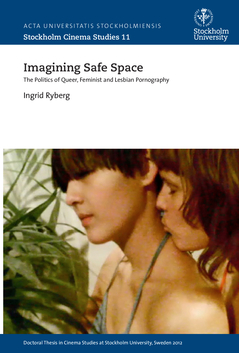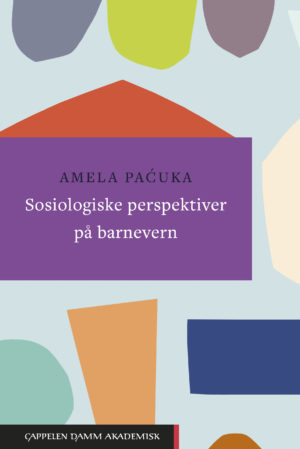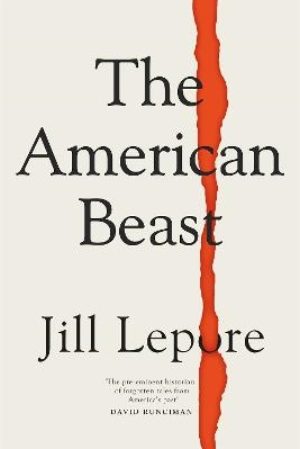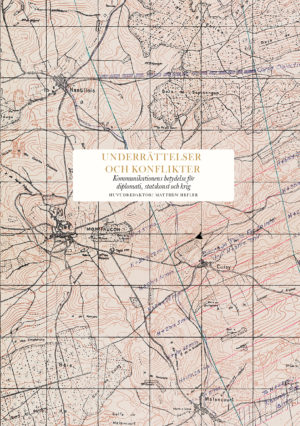There is a current wave of interest in pornography as a vehicle for queer, feminist and lesbian activism. Examples include Dirty Diaries: Twelve Shorts of Feminist Porn (Engberg, Sweden, 2009), the Pornfilmfestival Berlin (2006-) and the members-only Club LASH in Stockholm (1995-).
Based on ethnographic fieldwork designed around these cases, the purpose of the thesis is to account for, historicize and understand this transnational film culture and its politics and ethics. The fieldwork consists of interviews, questionnaires and participant observation, including participation as one of the filmmakers in Dirty Diaries.
The thesis studies queer, feminist and lesbian pornography as an interpretive community. Meanings produced in this interpretive community are discussed as involving embodied spectatorial processes, different practices of participation in the film culture and their location in specific situations and contexts of production, distribution and reception.
The thesis highlights a collective political fantasy about a safe space for sexual empowerment as the defining feature of this interpretive community. The figure of safe space is central in the fieldwork material, as well as throughout the film culture's political and aesthetic legacies, which include second wave feminist insistence on sexual consciousness-raising, as well as the heated debates referred to as the Sex Wars. The political and aesthetic heterogeneity of the film culture is discussed in terms of a tension between affirmation and critique (de Lauretis, 1985). It is argued that the film culture functions both as an intimate public (Berlant, 2008) and as a counter public (Warner, 2002).
Analyzing research subjects' accounts in terms of embodied spectatorship (Sobchack, 2004, Williams, 2008), the thesis examines how queer, feminist and lesbian pornography shapes the embodied subjectivities of participants in this interpretive community and potentially forms part of processes of sexual empowerment.







